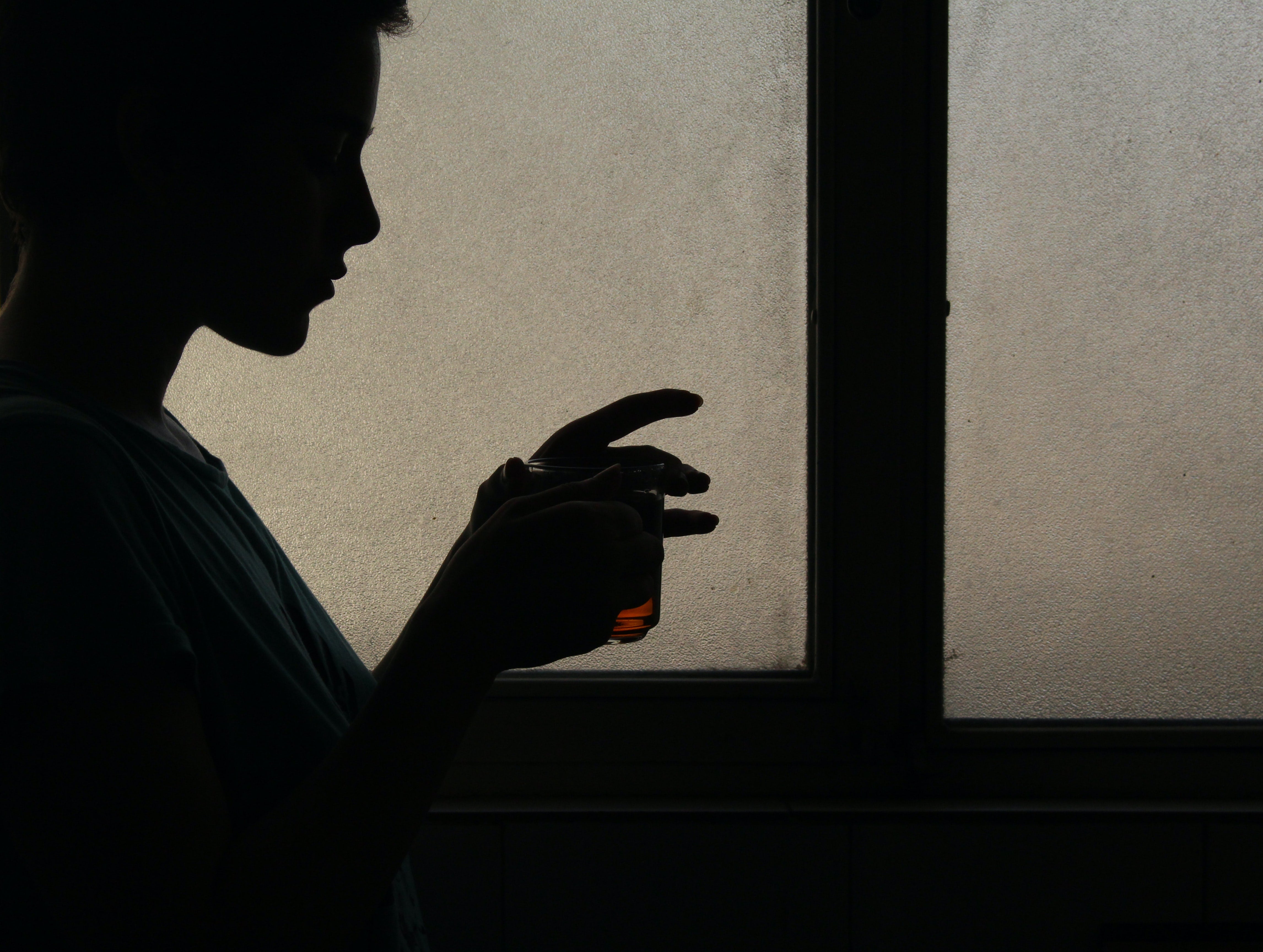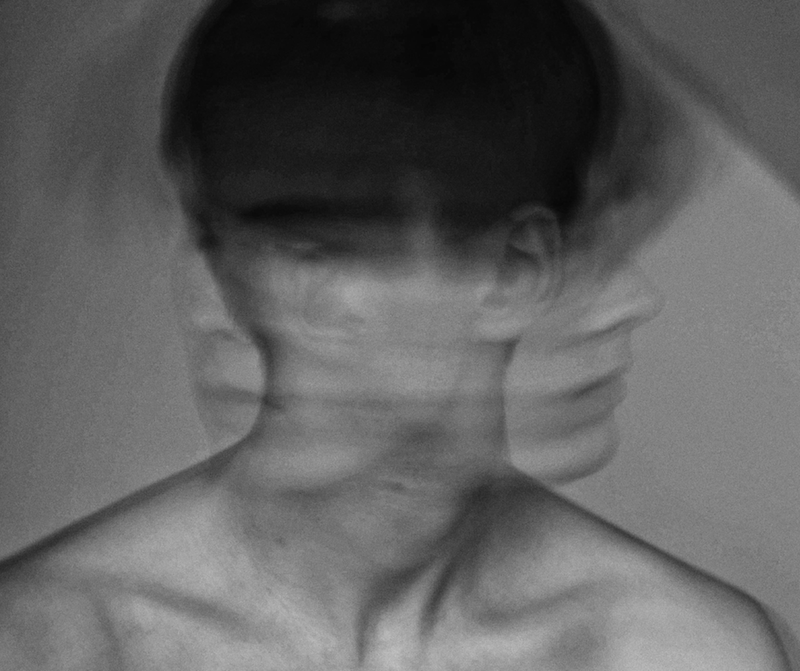Introducing our series in partnership with therapy platform Alma. With their network of licensed professionals, we navigate sex and intimacy as it involves mental health and communication.
For those who struggle with depression, sex and intimacy can feel particularly complicated. It can feel like you’ve “lost a part of yourself,” psychotherapist Liam Reilly says, and that can manifest in your sexual functioning and desire—that means you may struggle to orgasm, and you may not feel sexual urges.
Those complicated feelings can lead to relationship dynamics that ultimately aren’t helpful to you as you navigate your depression—so it’s important to check in with yourself and ask yourself whether sex, intimacy, and dating are having a positive effect on you.
How depression can affect your intimate relationships
Depression complicates the ways that you seek intimacy and operate in relationships. “Depressed people are particularly sensitive to loss,” Reilly says. “They really do want closeness from other people, but they're so often sensitive to abandonment, it does make it difficult for them to connect to their interpersonal needs.”
Ultimately, depression can make it difficult to foster healthy senses of both independence and co-dependence, Reilly says. Healthy independence means being about to be alone and being able to communicate your needs—especially being able to communicate your negative feelings. Anger, he says, can sometimes be a healthy emotion to express. “If you aren't really capable of expressing your individual needs and feelings towards your partner, it's going to be difficult to get what you need from the relationship.” This applies both towards emotions and to physical, sexual needs.
Reilly recommends asking yourself questions that can help you to recognize whether you have a healthy sense of independence and co-dependence in your relationship: “Are you always looking out for your partner's approval? Do you just assume that your partner is your caretaker? Do you take a more passive stance with your partner? How readily do you feel capable of expressing frustration or anger with your partner, or expressing your individual needs? Even if they conflict with what you think your partner might want? Do you notice your partner's positive attributes and negative attributes? Do they acknowledge yours?”
How to foster healthy relationships when you struggle with depression
Depressed people tend to idealize others, Reilly says, which can be the result of low self-esteem. But “idealizing others to fill the emptiness within yourself doesn't actually help you to foster your own sense of self.” This can lead to a cycle of blame—when a relationship ends, or a first date doesn’t lead to a second, and so on—in which a depressed person assumes that they are the one at fault, or that something is inherently wrong with them. In order to have healthy relationships and healthy sexual experiences, it’s extremely beneficial to gain some perspective. Talking to a therapist can help, and some people can benefit from medication as well.
Recommended reading:
The Monster Under the Bed: Sex, Depression, and the Conversations We Aren't Having by JoEllen Notte




